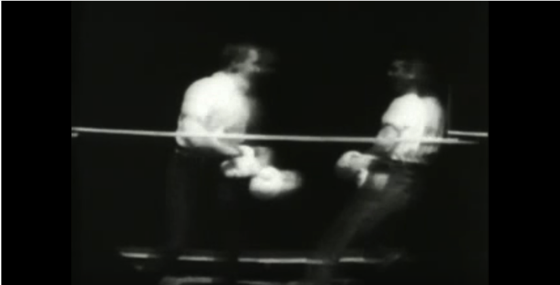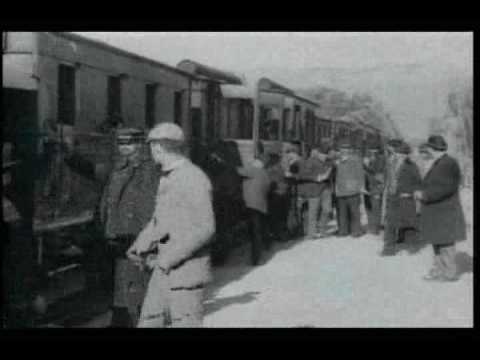You Can Please Some of the People Some of the Time… None of the People All of the Time: A History of the Art of Adaptation in Movies like Dune, The Godfather, Harry Potter and More!
Dr. Rosanne Welch speaks on A History of the Art of Adaptation in Movies like Dune, The Godfather, Harry Potter and More! at the California State University, Fullerton Library
Part of the program series for Dune by Frank Herbert: A 50th Anniversary Celebration.
Watch this entire presentation
Transcript:
Lots of true Tolkien fans – deeply angry that such a thing should happen and there should be focus on a character when other stuff was being thrown out. This is a choice for screenwriters and directors as they try to decide to bring something to film. The Hobbit had been made in animation several years earlier — 1977 — and it’s only 77 minutes long. So, would you rather have that version or the new version with an extra elf that doesn’t really exist. Now make up your mind. What I love about this is that made by Rankin-Bass the same company that gave us Rudolph the Red-Nosed Reindeer. Who himself was an adaptation of a song. A song turned into a beloved Christmas story. So, you can adapt from anything.
About this talk
Dr. Rosanne Welch (RTVF) speaks on the craft of history of film adaptations from the controversy of the silent film Birth of a Nation (protested by the National Association for the Advancement of Colored People in 1915) to Breakfast at Tiffany’s (to which author Truman Capote famously said, “The only thing left from the book is the title”) to The Godfather . Naturally, the behemoth in adaptation – Harry Potter (which depended on the relationship created by adapter Steve Kloves and author J.K. Rowling) will be discussed, as will the subject of this month’s celebration: Dune.
Date: Wednesday, October 14, 2015 Time: 1:00pm – 2:00pm
About Dr. Rosanne Welch
Dr. Rosanne Welch is a professor in the Low Residency MFA in Screenwriting Program from Stephens College, California State University, Fullerton, Mount San Antonio Community College and Cal Poly Pomona. In 2007, she graduated with her Ph.D. in 20th Century U.S./Film History from Claremont Graduate University. She graduated with her M.A. in 20th Century United States History from California State University, Northridge in 2004.
Welch is also a television writer/producer with credits for Beverly Hills 90210 , CBS’s Emmy winning Picket Fences and Touched By An Angel . She also writes and hosts her own podcasts on 3rdPass.media, her first one titled “Mindful(I) Media with Dr. Rosanne Welch.”
Her upcoming book, “Why The Monkees Matter: Teenagers, Television and American Pop Culture” will be published in Fall 2016
Three Ring Circus: How Real Couples Balance Marriage, Work and Kids and The Encyclopedia of Women in Aviation and Space are two books she has written. Los Angeles Times and the Journal of Screenwriting hold some of her published articles.
Dr. Rosanne Welch Web Site and Blog
Podcast: Play in new window | Download
Subscribe: RSS
![More on Adapting The Hobbit from A History of the Art of Adaptation [Video] (0:44)](https://rosannewelch.com/wp-content/uploads/2017/03/adapt-39-more-hobbit.jpeg)




![Adapting Tolkien from A History of the Art of Adaptation [Video] (1:02)](https://rosannewelch.com/wp-content/uploads/2017/02/adapt-38-tolkien.jpeg)

![Some Final Words on Argo from A History of the Art of Adaptation [Video] (0:53)](https://rosannewelch.com/wp-content/uploads/2017/02/adapt-37-argo-final.jpeg)



![Adapting Argo for the Sake of Action from A History of the Art of Adaptation [Video] (1:14)](https://rosannewelch.com/wp-content/uploads/2017/02/adapt-36-argo-3.jpeg)

![More on Adapting Argo from A History of the Art of Adaptation [Video] (0:37)](https://rosannewelch.com/wp-content/uploads/2017/02/adapt-35-argo-2.jpeg)
